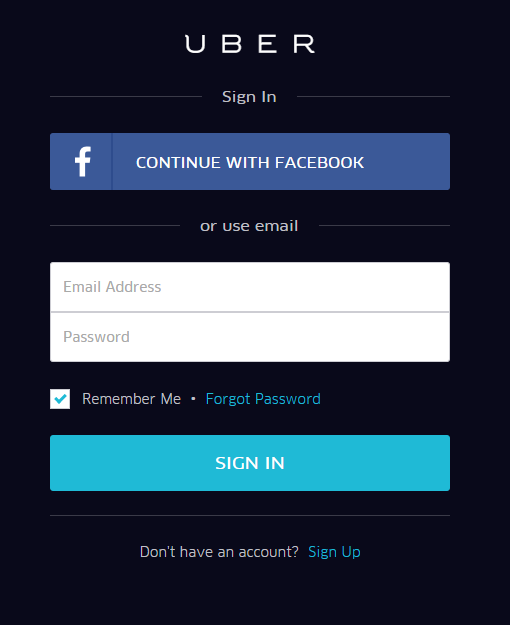We are in the midst of a genuine new era of innovation: The API Revolution.
A familiar example of APIs in action is the ability to sign into accounts or services with your Facebook login. One can log into Uber, for example, by using your Facebook login credentials.

With more connected applications than ever accessing information across platforms, it’s natural to wonder how it all works. The answer: It’s all done through APIs (Application Programming Interfaces).
The API Revolution
An API is software code written to function as a communication bridge between databases, programs and Web applications. They are a set of functions or procedures used by computer programs to access services from other operating systems, software libraries or other external systems. As in our example above, APIs allow Uber to request verification of your identity from Facebook. APIs on the Facebook side then confirm to Uber that the person signing in is who they say they are. Seems simple enough.
Of course, the devil is in the details. The simple concept of an API can become endlessly complex depending on the systems it connects to and the function it’s performing. In order to make sense of it all, you’ll need to learn your SOAPs from your RESTs. This infographic from the SmartBear blog explains that and more, including:
- How APIs work
- Different API types
- Variances between web, private and third-party APIs
- API security risks
- Future predictions for APIs
APIs are just one service your subscription billing solution should offer. Learn more in our complimentary guide, Navigating the Solutions Landscape.

The Facebook API is only #6? That’s pretty surprising… it seems like pretty much every site around nowadays offers the option to sign in with your Facebook account (which I almost never do unless I’m feeling particularly lazy at that moment)
Hi David,
I agree, it seems like log-in-by-Facebook is everywhere, but that’s just one use of an API. Google, YouTube and Flickr – they use APIs for multiple purposes. I admit, I’m surprised Twitter is so far ahead of Facebook, as it seems they would have similar uses.
Do you use any APIs in your business?